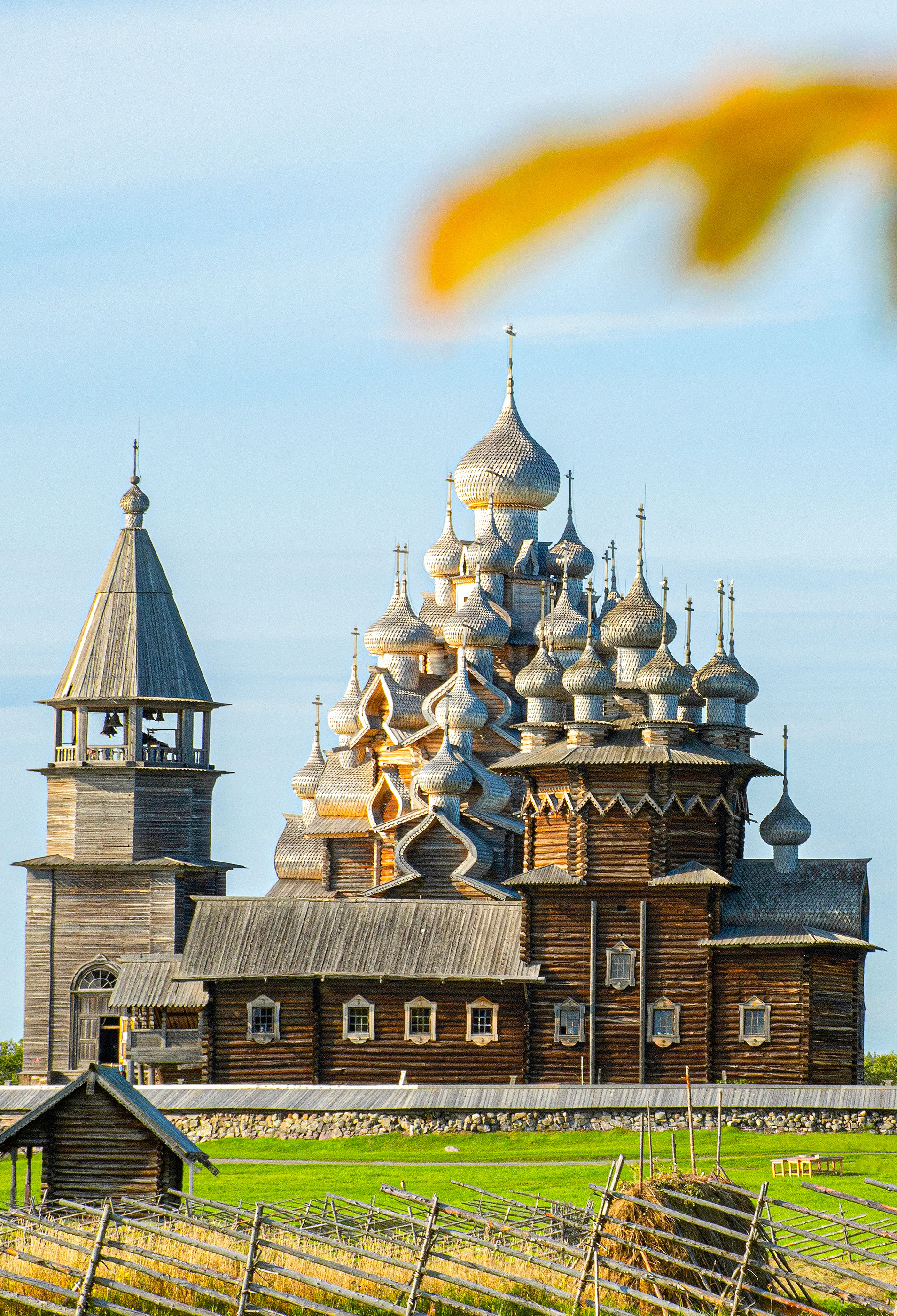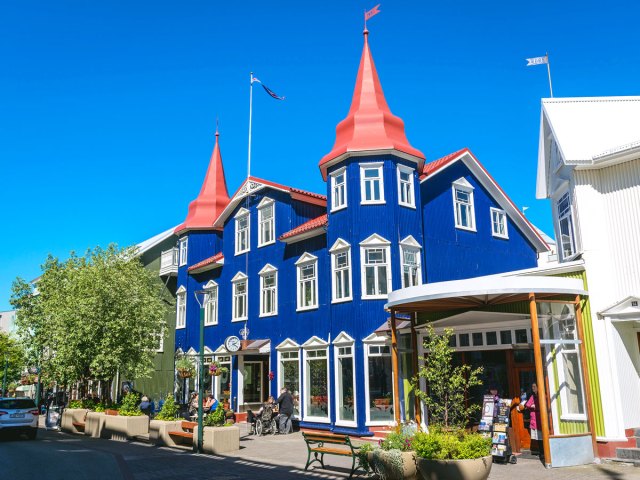It all started in 1978 with the original list of 12 UNESCO World Heritage Sites, and today there are more than 1,100 places around the globe designated for their scientific, cultural, or historical value. Chances are, you’ve heard of UNESCO sites such as the Taj Mahal, Vatican City, and the Statue of Liberty, but there are many places that don’t receive as much recognition. Check out these five lesser-known UNESCO World Heritage Sites you should visit.
Cueva de Las Manos – Argentina
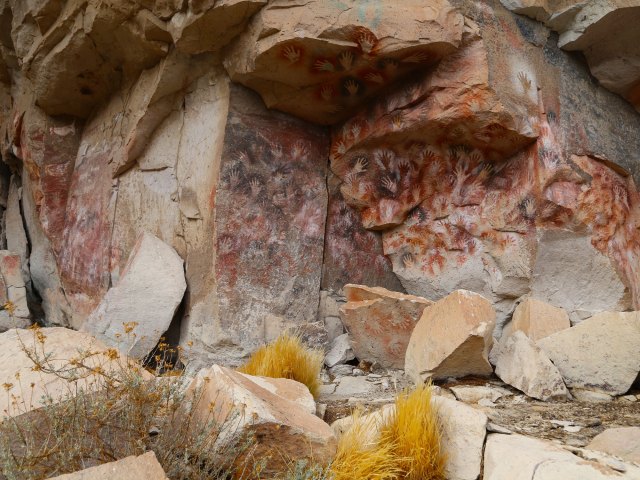
The name of Cueva de las Manos translates literally to “cave of hands” and refers to the thousands of curious handprints that line the walls of this cave in Río Pinturas, in the southern region of Argentina. While the cave is named for the palms that adorn the interior stone, visitors can also find paintings of birds, pumas, and other animal creatures throughout the caves. The cave’s paintings — made of natural elements like iron oxide and manganese — represent the culture of the area, which was last inhabited around 70 CE. The origins of the cave date back somewhere between 9,300 and 1,300 years ago, and the prints are remarkably well-kept considering their age.
The site was chosen as a UNESCO World Heritage Site in 1999 since it “bears witness to the culture of the earliest human societies in South America.” Local groups have taken considerable efforts to preserve the caves and recognize their value as an important archaeological site. The caves are open to the public and provide a one-of-a-kind experience. If you’re planning a trip, a guided tour will give you the greatest understanding of the historical and cultural significance of the site.
Kizhi Pogost – Russia
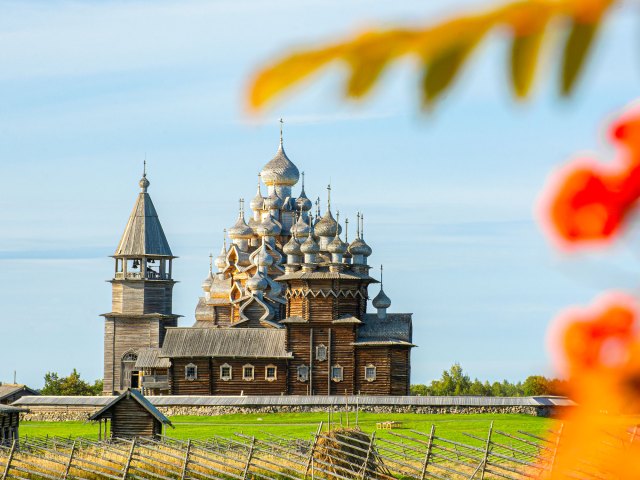
While Kizhi Pogost doesn’t have the same bold colors or global recognition as the striking St. Basil’s Cathedral in Moscow, the intricate attention to detail on the structure is just as mesmerizing. Located in the Republic of Karelia, Russia, Kizhi Pogost consists of the Church of Transfiguration and the Church of Intercession. The buildings are built entirely of wood without the use of a single nail.
Kizhi Pogost is located along the peaceful Lake Onega and earned its place on the UNESCO World Heritage list in 1990 as an exceptional example of Russian architecture. The churches were not the first buildings to be constructed on the island and the original buildings burned down in the late 1600s. The Church of Intercession and The Church of Transfiguration were subsequently built on the island several decades later. Today, the buildings serve as an open-air museum and are accessible by ferry. If you plan to visit, be sure to allow enough time during the day as overnight stays are not allowed.
Episcopal City of Albi – France
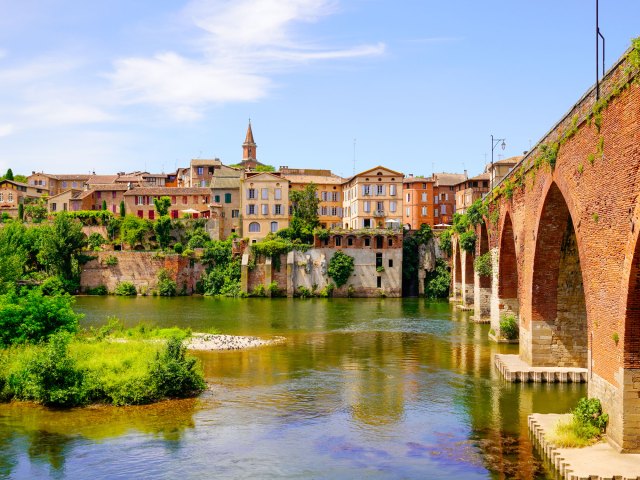
The Episcopal City of Albi is a remarkably preserved example of medieval architecture. The city is located on the Tarn river and dates back to the 10th century. A visit to the city is like being transported back to a different time. The city joined the UNESCO World Heritage list in 2010 as an example of early architecture and early development.
The Episcopal Palace and Saint Cecilia’s Cathedral are the most recognizable and imposing structures in the city, but the Berbie Palace, the Castelviel, and the village of Saint-Salvi are equally as mesmerizing. The Episcopal City of Albi attracts more than a million visitors annually and is open year-round. If you’re visiting France, consider adding this piece of history to your itinerary.
Agra Fort – India
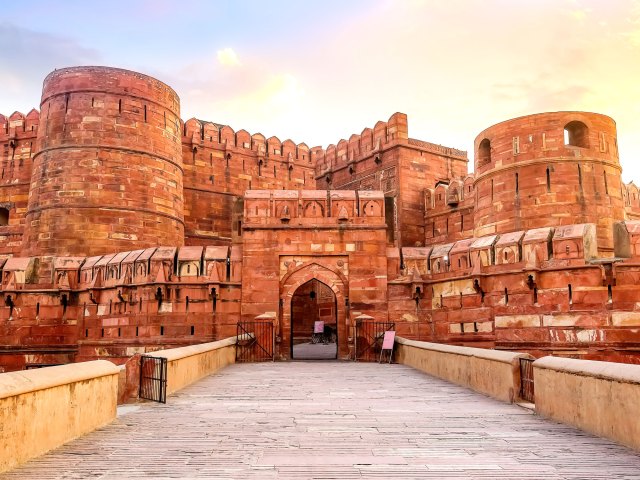
The Taj Mahal might be India’s most recognizable structure, but Agra Fort, which is located just outside the gardens of the mausoleum is just as demanding of your attention. The fort was the primary residence for the emperors of the Mughal Dynasty until 1638. The Government of Uttar Pradesh considers the fort a walled city. Within the city, you can find prominent landmarks such as the Jahangir Palace and the Khas Mahal, as well as two mosques.
The red sandstone structure is an extraordinary example of Mughal architecture. Built in the early 1600s, the site is still open to the public. Though the fort originally had four gates, two have since been walled up. Visitors can only access the fort through the Amar Singh Gate. Agra Fort is located approximately 125 miles south of Delhi. If you are visiting the area to see the Taj Mahal, you really should consider adding a visit to Agra Fort.
Tsingy de Bemaraha Strict Nature Reserve – Madagascar
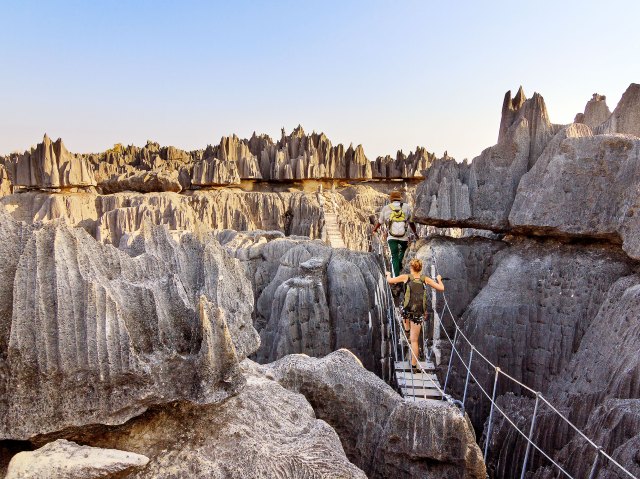
The Tsingy de Bemaraha Strict Nature Reserve is a behemoth of a natural wonder that doesn’t get enough attention. The reserve, which is located in central Madagascar, features towering, natural limestone structures that UNESCO describes as limestone needles.
The name Tsingy translates to “walking on tiptoes.” An aerial view of the area shows just how powerful these natural structures are and why the name so aptly fits. The enormous structures date back nearly 200 million years and are thought to be the result of heavy rainfall. The site joined the UNESCO list in 1990 as a unique and rare phenomenon in addition to being the home to several species of rare flora and fauna.
Most guides recommend at least two to three days to fully experience the area. Tours are available and highly recommended. Plan carefully as the Tsingy de Bemaraha Strict Nature Reserve is only open during the Madagascar dry season, which runs from April through November. Grand Tsingy is open from June to November.
More from our network
Daily Passport is part of Optimism, which publishes content that uplifts, informs, and inspires.






